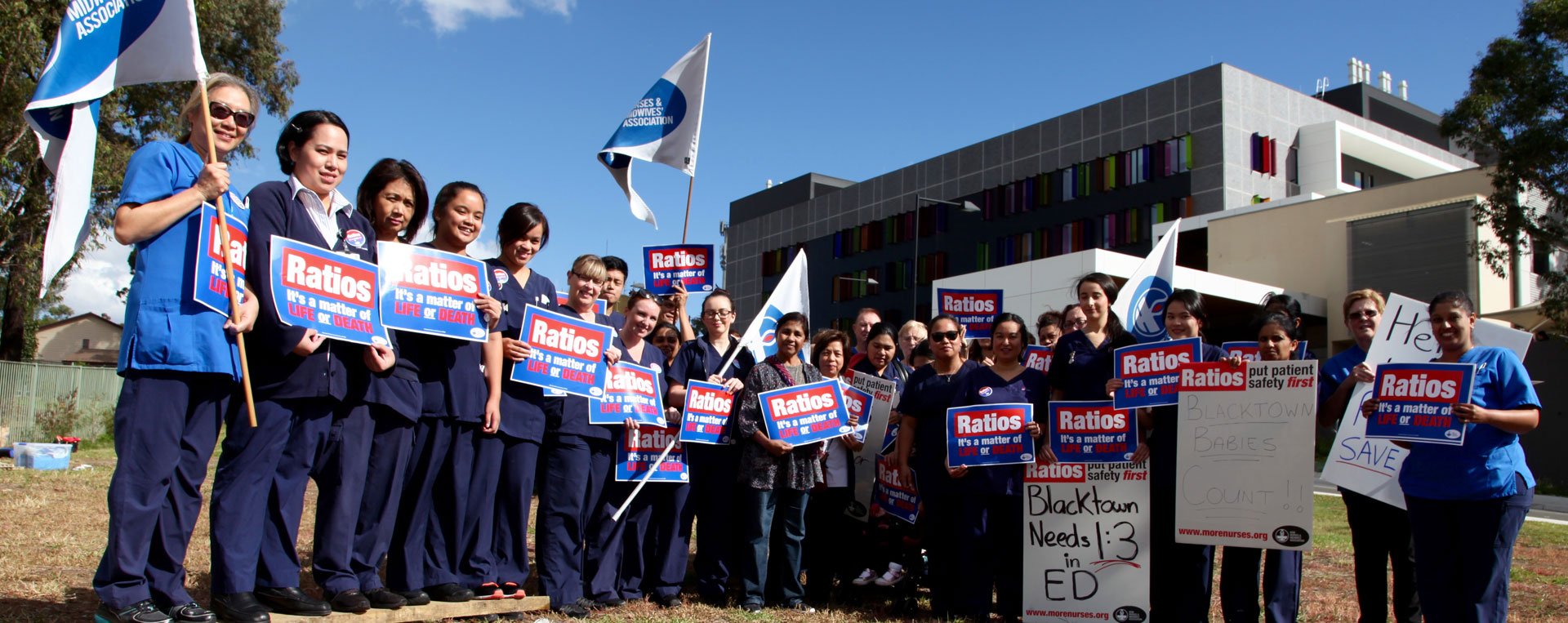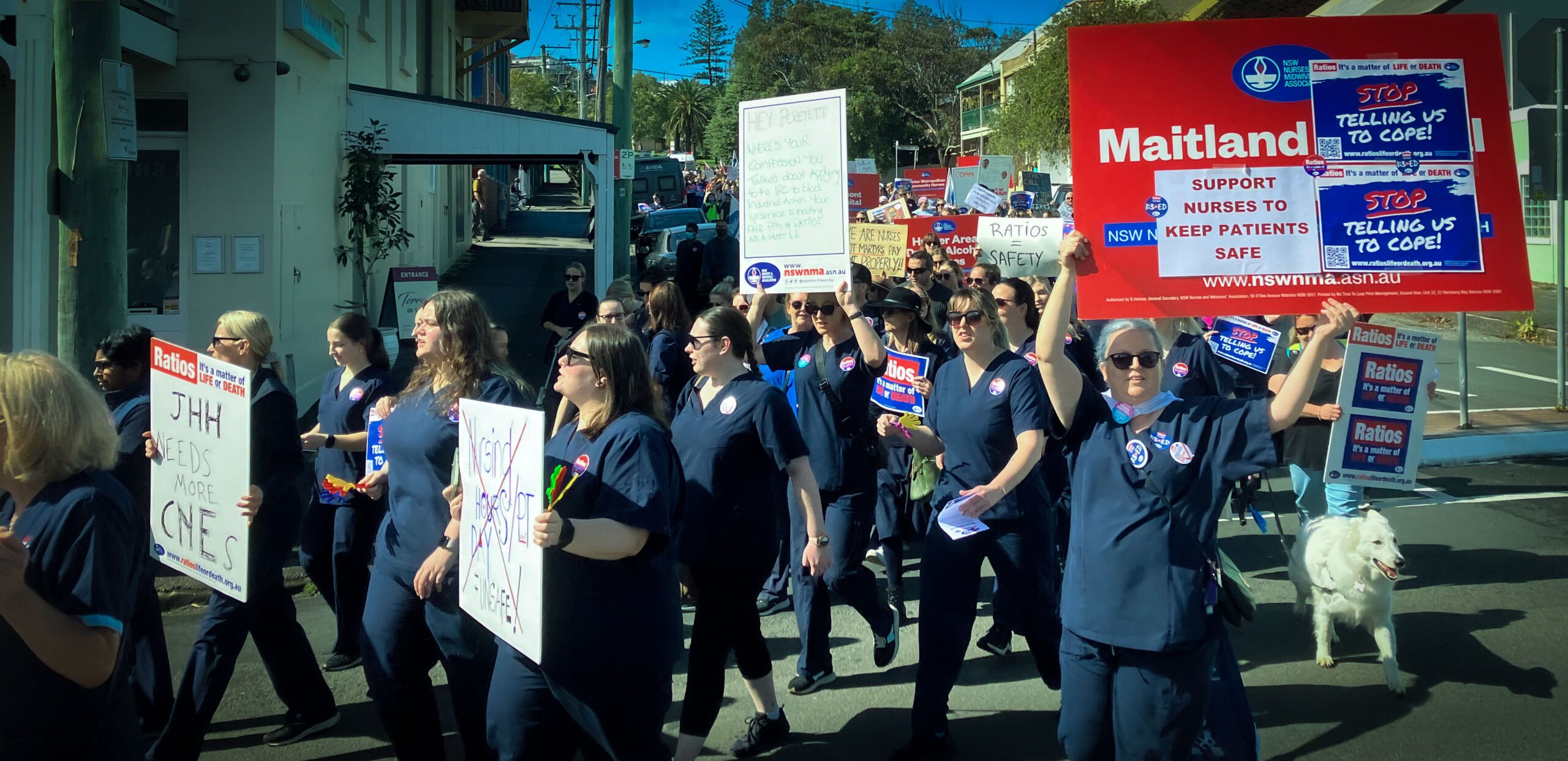No two days are ever the same for a nurse practitioner, also widely considered as a key highlight of the broader nursing profession.
Today, the NSW Nurses and Midwives’ Association (NSWNMA) has paused to acknowledge National Nurse Practitioner Day, in conjunction with the Australian College of Nurse Practitioners.
The first two nurse practitioners to be authorised in Australia on 12 December 2000, were trailblazers Sue Denison (specialising in rural and remote health) and Jane O’Connell (emergency).
In May 2001, Olwyn (Ollie) Johnston was the first nurse practitioner approved to work in a remote area of far west NSW and recognised for her specialities in rural and remote health care. A pioneer, Ms Johnston paved the way for nurse practitioners nationally.
Nurse practitioners are registered nurses with the education and extensive expertise required to perform in an advanced clinical role. It took a decade of lobbying, task forces, pilot projects and finally legislative change for nurse practitioners to be accepted by the medical profession as a valuable primary health care resource.
Momentum has built over the years, with more advanced registered nurses gaining the qualifications and experience for endorsement. Now 15 years on, there are more than 1200 nurse practitioners endorsed nationwide by the Nursing and Midwifery Board of Australia.
NSWNMA Councillor, Lorna Scott, has been a nurse practitioner since 2001 and specialises in women’s health. Ms Scott covers Maitland, Singleton, Cessnock and Dungog in the Hunter Valley and agreed it was a wonderful career path for a new generation of nurses.
“One advantage of being a nurse practitioner is the ability to expand your clinical practice. This role has proved to be extremely beneficial in rural areas to assist communities,” Ms Scott said.
“If a client needs specialised care, a nurse practitioner can provide that care and if they don’t have a GP a nurse practitioner can assist them to find one and facilitate referrals.
“It’s been brilliant to see more nurse practitioner positions occurring. I love the way our health system has progressed over the past 15 years but it still has a long way to go, especially for those working in private practice.”
NSWNMA Delegate and Goulburn Hospital Branch Secretary, Jane Cotter, has been a nurse practitioner for almost five years specialising in chronic care and agrees they fulfill an important need in the community.
“We are not here to take the place of doctors – I’m a nurse first and foremost and always will be. It’s not easy to become a nurse practitioner, which ensures we are highly qualified and experienced in our specialty area. Our role supports other nurses and also the GPs,” Ms Cotter said.
“Nurse practitioners are fortunate in having more time to spend with patients, so our quality of care is high and allows us to build professional relationships with our patients – its widely known that people open up and talk to nurses and this helps us to provide them with the best possible care.
“It’s both very rewarding and challenging to be a nurse practitioner, but it’s also great for the broader profession of nursing to have advanced clinical roles to strive towards.
“We are very fortunate to be able to provide a high-demand service and also cross over with other nurse practitioners to deliver a holistic care approach to nursing.”
Download the media release: Valuable recognition for Nurse Practitioners








